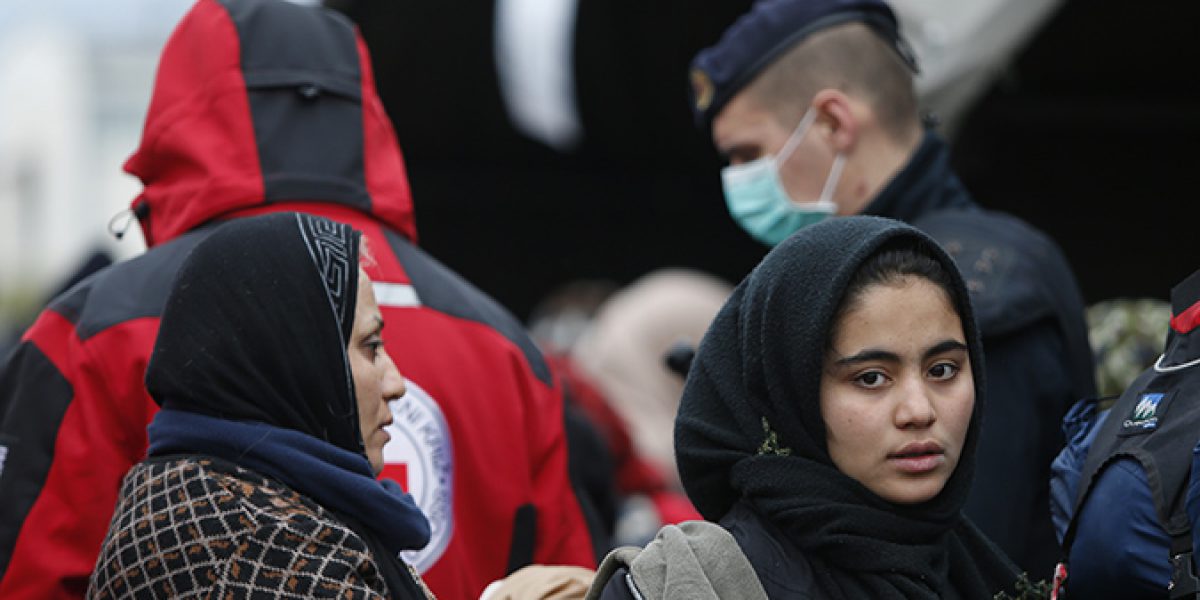
Brussels, 12 August 2018 – On International Youth Day, JRS Europe draws attention to the situation of migrant and asylum seeking children and teenagers in detention in Europe.
People in countries devastated by conflict, war and violence are desperate to escape limbo situations and to find safety in other places. Most settle in neighbouring countries. Others embark on life-threatening journeys and decide to cross the Mediterranean Sea.
Not only adults undertake the dangerous journeys: children and teenagers make up 52% of the refugees worldwide and 25% of all the people who arrived in Europe through the Mediterranean Sea in 2018.
Children also forgotten at the gates of Europe
JRS Europe interviewed asylum seekers in Romania, Croatia and Melilla for the report “Forgotten at the gates of Europe”. Testimonies of people locked up in prison, before they even got a chance to apply for asylum. People are detained without an explanation of why, and without being informed about how they could apply for asylum. Among the detainees are children and teenagers.
We spoke to a sixteen-year-old Pakistani boy in Romania. Romanian authorities told him to “go to court” to apply for asylum. He eventually had a court hearing, but the court hearing was only about his stay in the detention centre and not about accessing the asylum procedure. It was only after undertaking a hunger strike that the authorities gave the young boy access to the asylum procedure.
“We were many Pakistanis waiting to cross the [Serbian–Romanian] border. In Romania, we were detected soon after the crossing, and we were taken to a police station. They asked us a lot of questions, then we were transferred to Timisoara, and later on to a detention centre in Arad. We did not have an interpreter, but a police officer who translated for us. We were not allowed to apply for asylum. Then we started a hunger strike, and finally we could apply for it. Then, I was rejected, and I found out that it was mainly because [they said] I had the opportunity to [apply for asylum] before and I did not do it,” the boy reported to JRS staff.
Because of their young age, children are recognised by international law as a particularly vulnerable group, that deserves special safeguards and care, including appropriate legal protection. Nevertheless, he was detained and denied access to the asylum procedure.
Children Detention in the context of migration
The practice of detaining asylum seeking and migrant children is on the rise in Europe. For instance, since January 2018 in Belgium it is possible to detain children for the sole reason of their or their parents’ migratory status, a practice that was previously stopped in 2008. This despite loud protest of NGOs protecting children’s rights, including JRS Belgium.
There is enough evidence that child detention, no matter how short, has a traumatic impact on children and will influence their later mental condition. The huge amount of stress these children are put under, can lead to anxiety attacks, depression and even self-harm. Administrative detention can never be in the best interest of the child.
In the current discussions on the reform of the Common European Asylum System, JRS Europe asks the Council of the EU to align its position to that of the European Parliament and agree on a ban on child detention.
The story contained in this article features in the report “Forgotten at the gates of Europe”. For more stories and the full set of recommendations read the full report.

